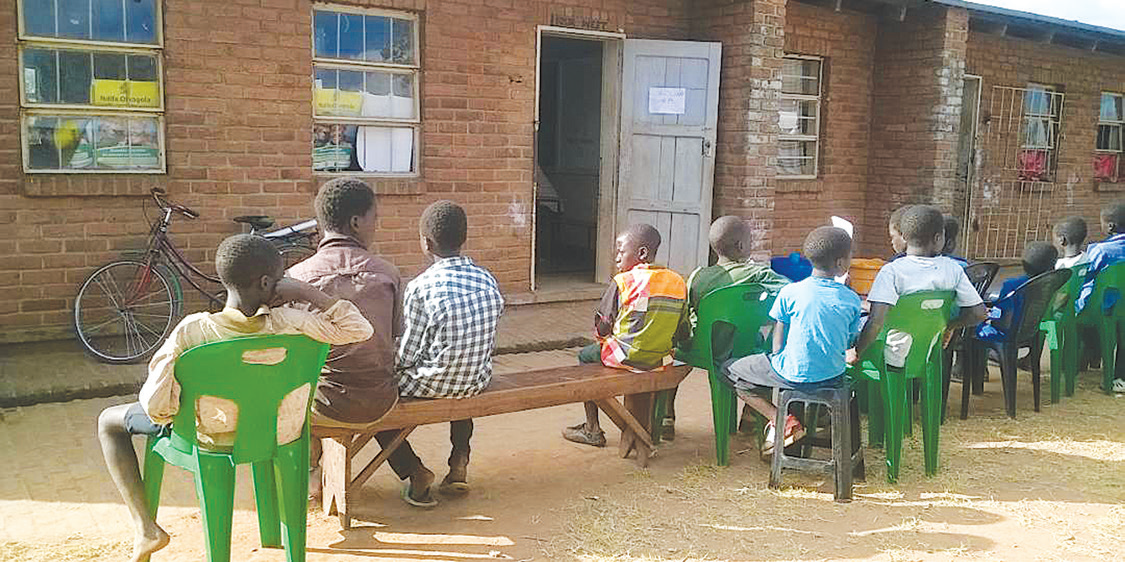NFRA upbeat on humanitarian response
National Food Reserve Agency (NFRA) says it is upbeat to raise enough maize for distribution during the lean period from November to March 2023.
The Department of Disaster Management Affairs (Dodma) requires 90 000 metric tonnes (MT) to support 3.8 million people in the country who will face acute food shortage between November this year and March 2023.
Reacting to our story which appeared on Tuesday, NFRA chief executive officer Brenda Kayongo clarified that while it is procuring maize under the K12 billion allocation in the 2022/23 National Budget, it already has some carry-over reserves which makes it confident that it will meet the required demand for humanitarian response.

She said: “We have currently 69 560 MT, including strategic grain reserves maize which we are collecting from Agricultural Development and Marketing Corporation [Admarc] markets.
“About 20 000 MT was secured from Admarc collateral maize, while 15 000 MT is yet to be received from cooperatives and associations.”
In an earlier interview, Kayongo indicated that out of the K12 billion, they have only procured 23 000 metric tonnes against a projection of 38 000 metric tonnes.
The current projection of 38 000 MT is less than what the authority had projected to procure with the K12 billion fund.
NFRA intended to buy 50 000 MT but Kayongo said price fluctuations have led to the reduction in their target.
“Of course, the initial targets were to procure about 50 000 MT at government farm-gate price of K220 per kilogramme [kg]. The agency is currently buying the maize at K300 per kg; hence, the target of about 38 000 MT,” she said.
Kayongo said after procurement, they are expected to have about 104 000 MT which is way above what Dodma is demanding. This means that the strategic grain reserves may have just about 14 000 MT remaining.
Agriculture policy analyst Tamani Nkhono Mvula said looking at the scarcity of maize on the market, it will be a toll order for NFRA to raise what it requires.
“There is a need for other donors and partners to come in to avoid a situation where NFRA is overwhelmed,” he said.





